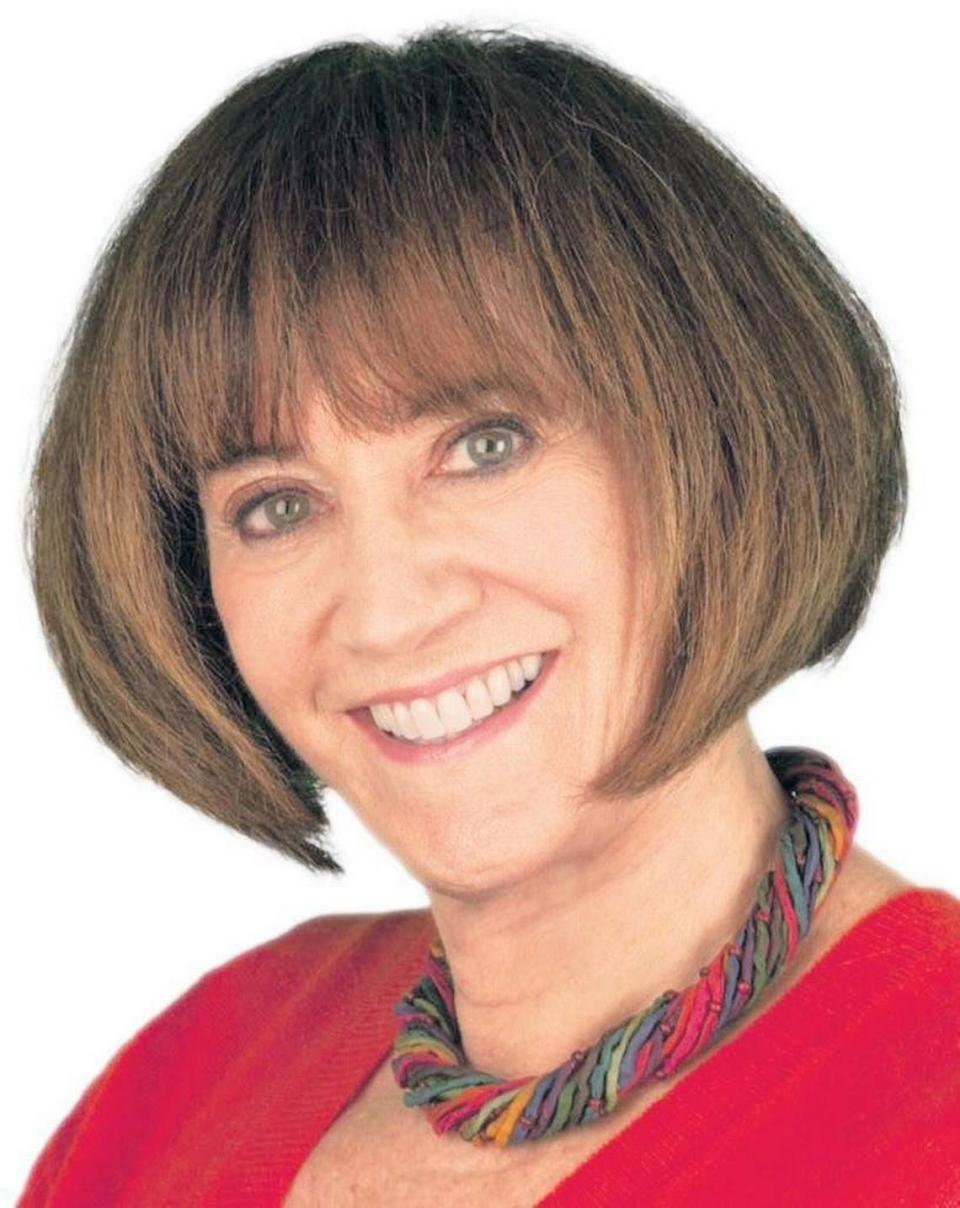Want to save the planet and eat something very healthy? Try sea vegetables
When I signed up for a webinar on blue foods and bivalves, I thought I was going to learn about blueberries, concord grapes with a side of oysters. How wrong I was.
This engaging seminar was about aquatic foods, also known as blue foods. The focus was on sea vegetables and aquatic mollusks (bivalves) that have a shell such as clams, oysters, mussels and clams. Sea vegetable is the preferred term for edible seaweed such as wakame, kelp, nori, dulce, sea lettuce and Irish moss.
I like saying sea vegetables since too many of us have South Floridians have negative memories of swimming through barges of seaweed at the beach.
Sea vegetables and bivalves do not get enough praise. They are an incredibly sustainable food source. Sea vegetables and bivalves are grown without fossil-fuel based additives like pesticides and fertilizer. They don’t use land and are 20 times more effective at sequestering carbon than land-based plants. Bivalves, being low on the food chain, are also a sustainable non-land-using protein source.
Blue foods and bivalves are as good for you as they are for the planet. Sea vegetables are a good source of magnesium, potassium, vitamin A, riboflavin, folate and vitamin C. Most sea vegetables are low in sodium and all are high in iodine.
If you are just starting on the sea vegetable path, the recommendation is 3-7 grams of dried vegetable or 9-21 grams of fresh sea vegetable one to two times a week. And, yes, they do count as a serving of vegetables. Bivalves are not a nutritional slouch. A close to 3-ounce serving provides an excellent source of zinc, selenium, iodine, iron, thiamin, riboflavin and vitamin B12. During a 2021 UN Food system summit, aquatic foods were recognized as a key climate solution.
It’s easy to eat some nori at a Japanese restaurant but incorporating sea vegetable at home can be intimidating. To dive into sea vegetables, check out eataquaticfoods.org for more information and recipes.
Sheah Rarback MS, RDN is a registered dietitian nutritionist in private practice in Miami. srarback@hotmail.com


